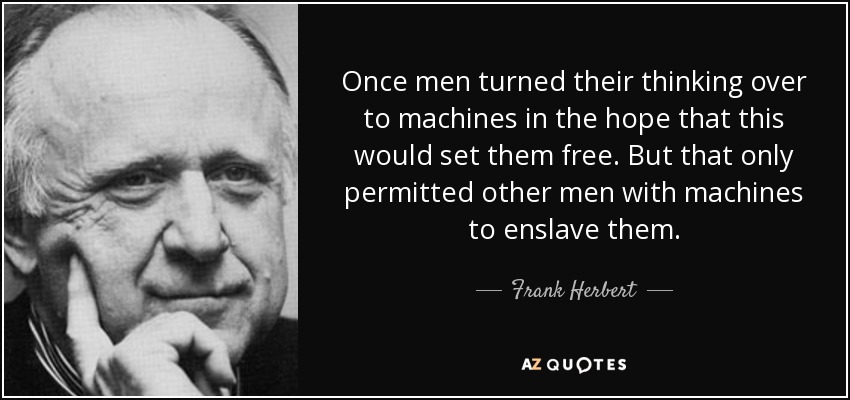“I’m sorry Dave, I’m afraid I can’t do that.” These were the words that introduced most people in my generation to the concept of an AI gone rogue; HAL 9000 in the classic science fiction movie 2001: A Space Odyssey, eventually went insane singing the lyrics of Daisy, Daisy as it slowly blinked its ominous red eye before finally shutting down permanently.
To be clear, HAL 9000 is not the only AI ever to go rogue in popular science fiction - literature is littered with such stories, but there was a certain relatability and poignancy in the HAL 9000 scenario as throughout the movie HAL had been not just useful but one could even say friendly, and was as much part of the cast as the real actors. For me, the scene will never be forgotten because of the sense of disbelief that an AI would cause or attempt to cause harm to a human - after all, we had heard of Asimov’s laws of robotics, and assumed AIs would be safe because they would follow those laws.
The problem is, just as HAL 9000 was science fiction, so were Asimov’s works and as such relying on fictional laws in the context of the real world and how robotics and AIs are being developed and deployed, is folly. We cannot assume that real-world models are being trained based on such fictional laws and the reality is, they are not.
Towards the end of 2022, OpenAI opened up its non-intelligent, response-predicting large language model known as ChatGPT to the general public, and it quickly became an internet sensation due to its uncanny ability to mimic human speech and nuance.
Here's a quote from one of my favourite books - Dune by Frank Herbert: 

No comments:
Post a Comment